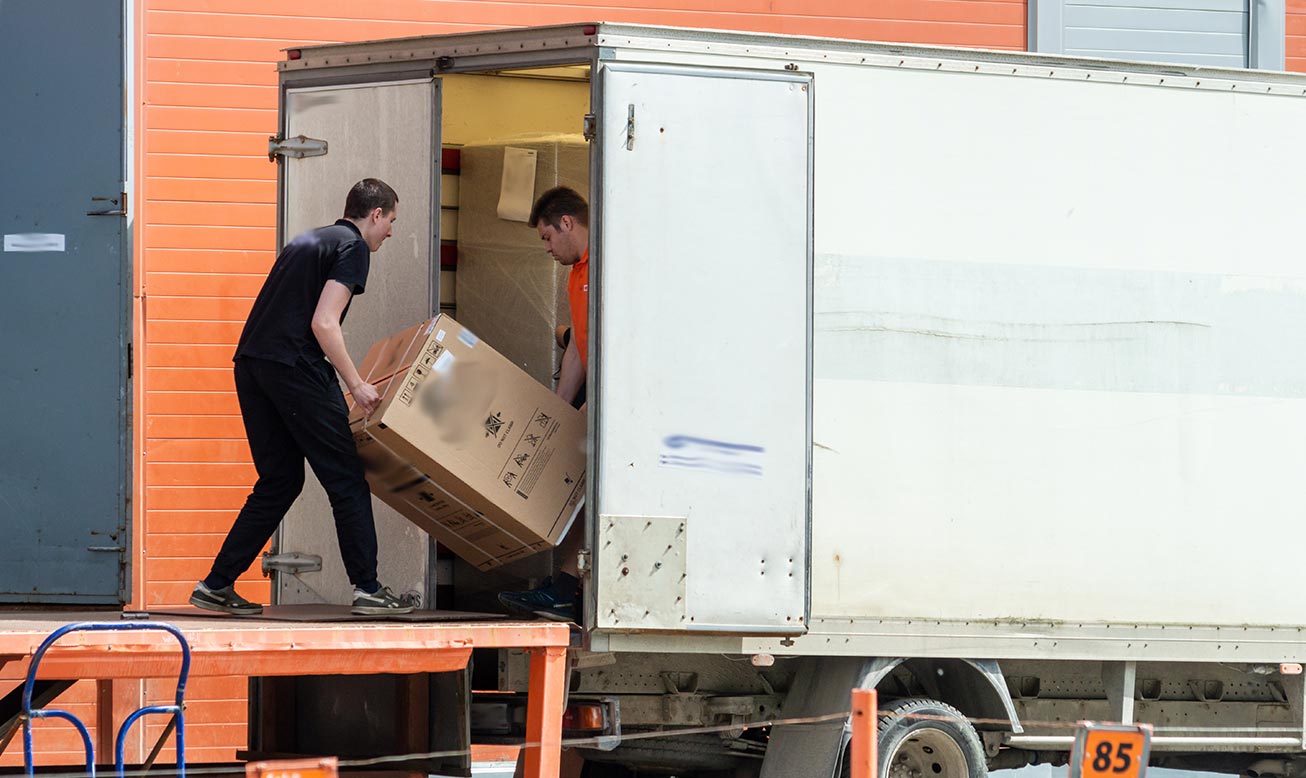August 15, 2023
Take Care of Your Freight: Avoid Double Brokering!
The transportation industry offers multiple options for organizations seeking logistics services. While there is no definitive “best way” to go about it, 3PL providers, asset-based carriers, and freight brokerages can all provide the necessary transportation coverage and meet a company’s specific needs.
Regarding logistics, having a trustworthy and adequately insured freight carrier is fundamental. However, there are several methods for companies to provide their logistic services, such as double brokering. This practice occurs when a carrier agrees to transport a shipment or load from a freight broker and then contracts another carrier to handle it. It’s similar to hiring a subcontractor, but it usually happens without the knowledge or consent of the company that owns the freight.

But why would a 3PL outsource an already outsourced process?
Most freight brokerage firms, as third-party providers, do not possess the assets required to transport their clients’ freight. Consequently, non-asset-based companies must procure a transportation solution from an external party, ideally one that has been carefully chosen. Sometimes, it becomes necessary for several freight brokers to work alongside each other throughout a supply chain. This act is known as co-broking or co-brokering and should not be confused with double brokering.
While double brokering is not illegal in every case, it is looked down on within the industry, as it is considered a highly unethical practice. When double brokering occurs, it usually represents a breach of contract between the parties. Regardless of the circumstances, dual brokering freight operations can result in unnecessary confusion and risk.
Can co-brokering be beneficial to your business operations?
Yes, indeed. Suppose a transportation company enters into a partnership with another that has specific capabilities, knowledge, or an outstanding set of skills needed to handle shipments. In that case, it becomes an enhanced endeavor. If appropriately managed, co-brokering means realistic expectations and developed trust while everyone is on the same page.
In co-brokering, every stakeholder involved in the supply chain process is aware of the partnership and the special conditions of the freight contract. Although co-brokering is a perfectly legal practice, some carriers still avoid it out of fear that it may be challenging to establish trust with their counterparts or that shipments won’t pay as well.

The preventable risks of utilizing double brokerage
Double brokering is a significant concern for shippers and freight brokers as it can result in them paying twice for the same load. This fraudulent practice aims to exploit trucking companies to make a quick profit. Unscrupulous carriers and brokers will accept shipments for a fixed fee but intend to do something other than transport the cargo. Instead, they will pass on the job to another carrier at a lower rate and pocket the difference. If you’re dealing with a scammer, be wary, as they will likely disappear immediately after receiving payment for the shipment.
This issue represents a huge concern in the trucking industry. Double brokerage might provoke delays in delivery, damage to goods, and disagreements over payment. It also brings about potential hazards such as unreported accidents and stolen freight.
That said, managing freight efficiently and ethically is paramount for every reliable transportation partner. Freight care encompasses a range of practices aimed at ensuring the safe and timely transportation of goods from one point to another. It involves meticulous planning, effective communication, and a deep understanding of supply chain dynamics.
At Last Mile Logistics, we strive to keep a spotless score, communicate quickly, and build good relationships with our transportation network. We pride ourselves on offering the best solution for your freight operations. So please, call us if you have an RFP or any concerns.

